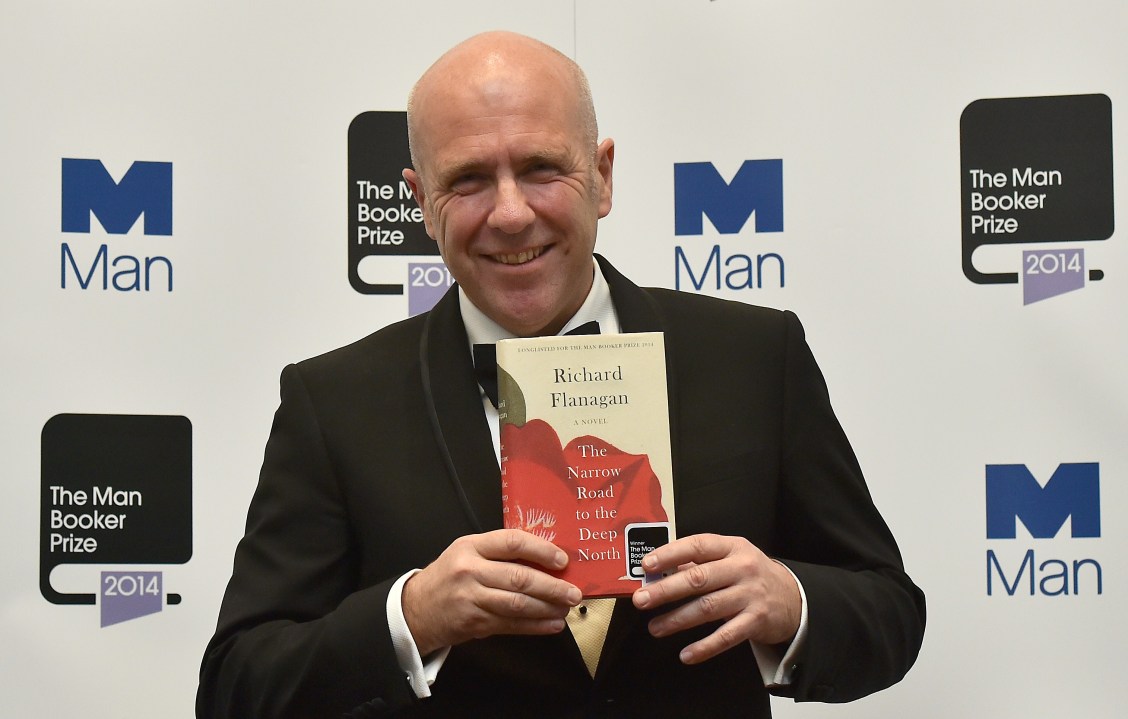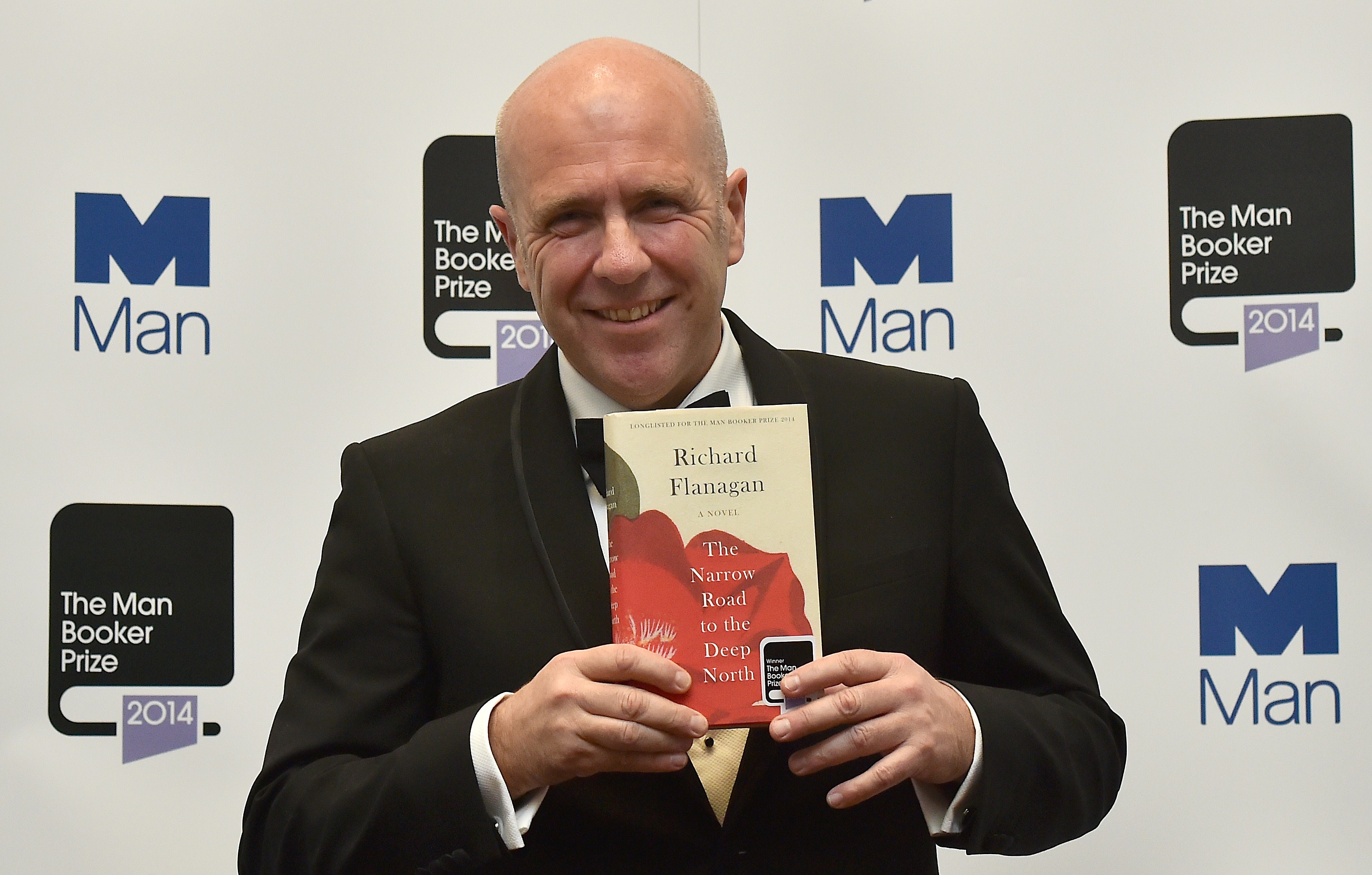I bet fifty quid on Howard Jacobson winning the Man Booker. My original bet was actually on a ‘Yes’ vote below 40 per cent in the Scottish referendum and Bet365 then gave me £100 to bet on something else. I spent half of it on Jacobson and the other half on the Conservatives winning the last by-election. The less said on that the better.
My reasoning for plumping for Jacobson made more sense. Anti-semitism is in fashion at the moment, so a novel about a mysterious holocaust seems timely; he’s a tried and tested literary heavyweight, so there’d be no accusations of dumbing down; and he’s a man – and after wins from Hilary Mantel and Eleanor Catton, it felt time to redress the gender balance.
Besides, J seems to fit the general mood. This year the judges favoured books that were a wry take on serious matters, among them: the modern male, the socialised chimp and the potential terrorist (aren’t they all the same thing?) Most importantly, he’s British – the prize couldn’t be handed over to the Americans just yet.
Never mind Ali Smith, Neel Mukherjee, Karen Joy Fowler, Joshua Ferris, Richard Flanagan. Jacobson was my man.
And now I’m fifty pounds down.
My disappointment was somewhat tempered by admiration. John Carey’s assertion in the Guardian the other day that Richard Flanagan ‘clearly’ had to win was correct, if just as tenuous as mine (it was the only book on the shortlist he’d bothered reading). Flanagan’s The Narrow Road to the Deep North is the story of a young surgeon, and the men under his command, imprisoned in a Japanese PoW camp on the Burma Death Railway. It was inspired by his father’s experience.
I haven’t read it yet – after wading through Catton’s The Luminaries and Julian Barnes’s The Sense of an Ending, the Man Booker sticker seems a kiss of death – but the novel appears to be a solid choice. The critics raved – among them Thomas Keneally, previous winner of the Booker and author of the other book this year on the Japanese during the second world war (apparently they’re extremely aesthetic in their cruelty). After twelve years of rewriting and perfecting the manuscript (the writer’s equivalent of a PoW camp), Flanagan seems to be in dire need of the money, which he says is now going to be spent on ‘life’.
Like Carey, I haven’t read many of the books on the shortlist. True to form, I thought the other books on the long list would make it. I am, however, going to state categorically that We Are All Completely Beside Ourselves by the American Karen Joy Fowler was the most enjoyable book on the list (and I read it). It wouldn’t have done to award an American the prize. The Tasmanian’s win was a (temporary) victory for the Commonwealth. It is a shame they’ve widened the prize’s remit to the US. Entry specifications do not make a competition less authoritative or the winner any less deserving. Competitions need to be curated to make comparison all the more illuminating. And betting on them can make them slightly more exciting.







Comments